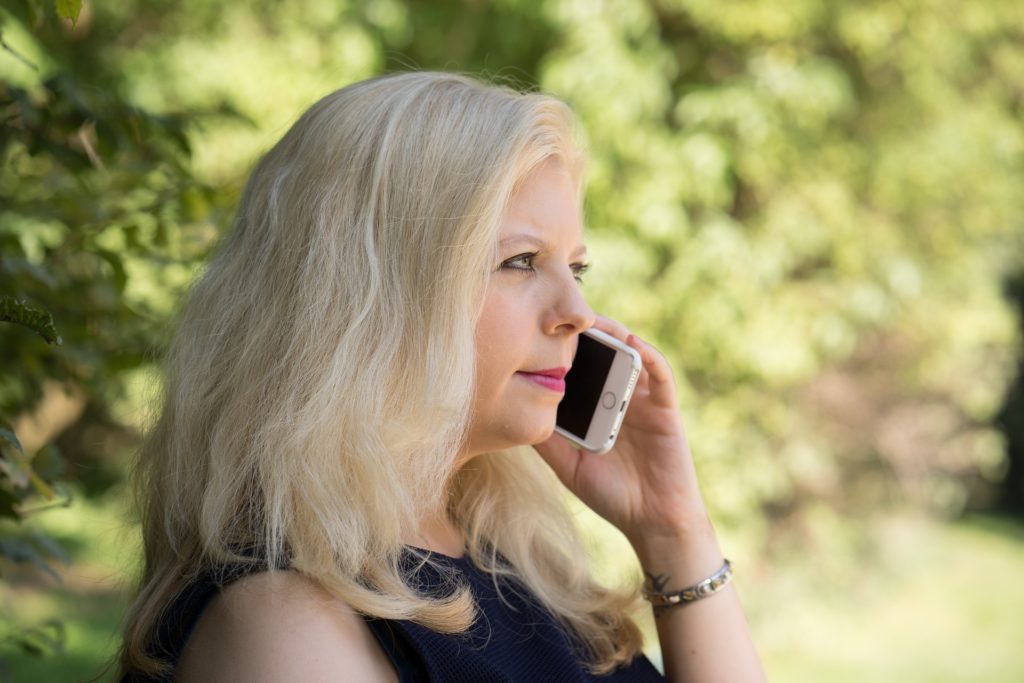
My friend Gary [1] has spent most of his life struggling mightily with powder, pills and prescriptions. His life was chaotic; though outwardly successful as a salesman he was inwardly wasting away and his family was eroding slowly as well.
Is your job helping or hurting?
Gary spent long weeks on the road selling luxurious merchandise, made buckets of cash, went to fancy dinners, but when life wasn’t being lived in the “hyped up” veneer of his professional life, his world was quite lonely, depressing and painful.
I bring up Gary’s story because, like so many others fighting addiction, things are complex, aren’t they? Gary wasn’t just fighting a chemical addiction, but he was also fighting a licentious lifestyle that was aided and at one level, funded, by his career.
Gary’s life and story changed when he finally decided that the risk of staying the same outweighed the risk of changing. Gary talked to his employer, enrolled into a 28-day inpatient program and is beginning to really live again.
If you’re wondering if you can continue to work while battling your addiction, please consider these three important questions before making a decision about your employment situation.
#1- Does your job enhance or hinder your progression toward sobriety?
Take an honest look at your employment situation. Does it lend to high stress, long days, lonely nights and lots of time to yourself? These kinds of career options might promise a financial benefit but what good is cash if you’re addicted to drugs?
If you know that your career isn’t helping your journey to sobriety than you must honestly start discovering a solution that supports your journey to a drug-free life.
#2- Does your job produce healthy people (generally)?
One way to look at the role of your employer in your pursuit of clean, healthy life is to look at the kind of people they produce.
Does your employer create healthy folks or do they produce “workaholics” who limp through there commitments to there families, there spouse and have no life outside of there work?
If the answer is “yes” than again, you must acknowledge the fact that you might be working in a job that will hinder, not help, your recovery.
#3- Does my job leave me alone and unaccountable?
 You might have a great paying job, able to control your own schedule and have incredible freedom….and all of that MIGHT BE THE PROBLEM!! To live unaccountable, away from real people and on your own is the worst way to do life.
You might have a great paying job, able to control your own schedule and have incredible freedom….and all of that MIGHT BE THE PROBLEM!! To live unaccountable, away from real people and on your own is the worst way to do life.
If you don’t have human, face-to-face accountability (both professionally and personally) than you are programming your life for addiction. Ask your company to provide more structure so that you can thrive both in, and out, of your job.
1. I’ve changed my friends name to “Gary” to protect his identity in this article
 About the Author: Ryan received his BS in Bible and Theology and a minor in counseling from Multnomah University. He has pastored students, families and is passionate about Christ-centered recovery and healing.
About the Author: Ryan received his BS in Bible and Theology and a minor in counseling from Multnomah University. He has pastored students, families and is passionate about Christ-centered recovery and healing.
He’s been married to his beautiful wife Michelle for 13 years and they enjoy raising four crazy, unique and special kids together. Ryan is the teaching pastor at Vast Church in Sisters, OR and is currently working on his Masters in Theology at Western Seminary in Portland, OR
He and his partners have created a website that focuses on the community of Central Oregonians. We are committed to sharing the culture, the landscape, the people, the beauty, the opportunities and the overall incredible community that is “The High Desert”. Please visit The High Desert Life.
Addiction Hope is proud to announce the initiation of a special Christian Track of blogs and articles to commemorate the blessing of our sister site, Eating Disorder Hope’s 10th year anniversary. Watch for further content noted as “Christian Track”.
The opinions and views of our guest contributors are shared to provide a broad perspective of addictions. These are not necessarily the views of Addiction Hope, but an effort to offer discussion of various issues by different concerned individuals.
We at Addiction Hope understand that addictions result from a combination of environmental and genetic factors. If you or a loved one are suffering from an addiction, please know that there is hope for you, and seek immediate professional help.
Reviewed By: Jacquelyn Ekern, MS, LPC on February 29, 2016
Published on AddictionHope.com
